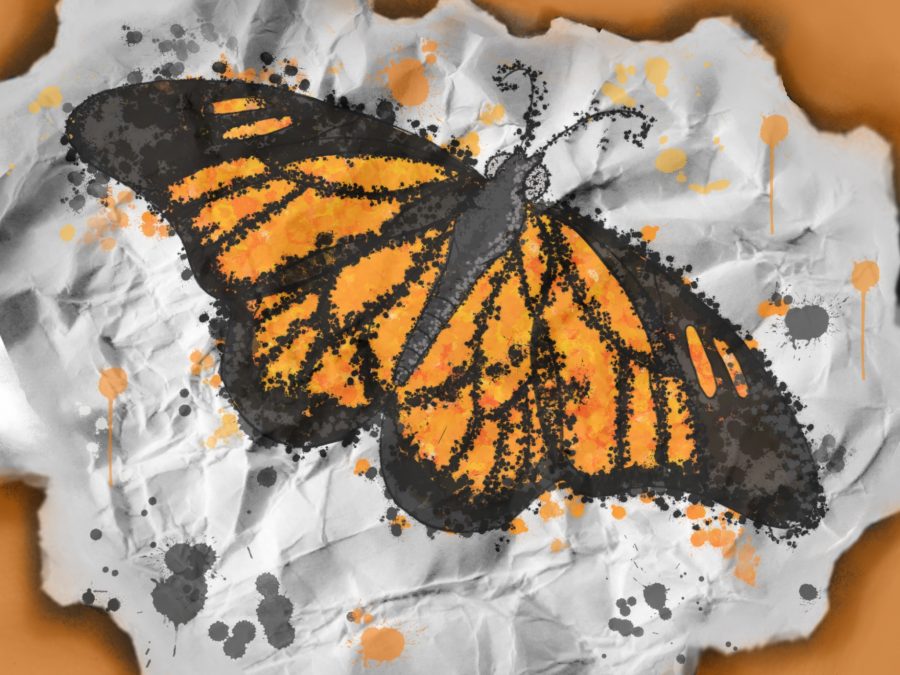Thank you, Deferred Action for Childhood Arrivals.
One would think that I, as a DACA recipient, would be insanely excited to get my citizenship so I can start reaping its benefits — and they’re not wrong. However, what I’m most excited for is planning my travel back to my home country of El Salvador. Every time I tell someone about this plan, they scoff and rebuke me. They’re astonished as to why I want to go back to a country that I am barely a part of. They hate that I would leave the wonderful opportunities here and instead go to a country that just went through a civil war, a country that inhabits one of the most dangerous gangs in the world and has a history of corruption. Well … that is exactly why I want to go back, and it all starts with DACA.
When I found out that the government would start labeling me as a DACA recipient, I honestly had no cares to give. It had no effect on me — yet. Then the time for college came around, which meant a whole lot of limitations coming my way. Last summer, UT Austin labeled me as an international student and was charging me out-of-state tuition. I have been here for 18 years! It is ridiculous. Then, a lot of scholarships were out of reach because of the citizen requirement. I came when I was one year old. Does anyone remember anything from before they were one? These small injustices were the catalysts in my investigation of larger and more unfair injustices. I explored the lives of my parents and my extended family. They came to the U.S. for the same reason of millions of other immigrants: a better life. Even though the U.S. is in a lot of heated debate right now and seems to be “torn apart,” it is still a huge blessing to live here. People in foreign countries are surrounded by war, gang violence or not even surrounded by anything or anyone. My parents, therefore, chose the wonderful States. It’s been 18 years, and my parents and I have not had a single break from stress or complications. They haunt us in the form of government agencies, limitations on buying a home or car or access to stable jobs. I love my parents for what they do. Once again, they remind me that it’s worse off for others.
Consequently, I furthered my investigation into the lives of those that don’t have the luxury of migrating. My family in El Salvador had rich stories to tell. My cousin recounts how he was stopped by local police, but a simple monetary bribe drove the police away. Times when local gang leaders would come recruit ten-year-olds at school. Instances where my parent’s boss in the government would openly boast about how he used government funds to buy gifts for all employees without authorizations. It’s not fair. People complain about how screwed up life is here in the U.S., but we are so fortunate.
Yes, being a DACA recipient is hard. It’s harder for the undocumented population, but it’s worse for those that don’t even get to live here and take a dip at the fortunes of the States. This caused a Utopian thought to invade my mind. When people migrate here, there is a huge disruption in their lives, which causes years of complications and starting over. This happens because there is better opportunity here. What if it didn’t have to be like that? What if people didn’t have to migrate? What if their country had opportunities just as good as ours? What if people could enjoy their lives in their home country without the disruption that comes along with migrating? More personally, what if my parents could have advanced professionally in El Salvador with no fear of corruption, with a hope for elite education for my sister and I and no fear of violence around the corner?
That is my life goal. To do everything in my power to make El Salvador a country of hope and prosperity. That is why I can’t wait to go back. So thank you DACA — you’re the best thing that has ever happened to me.
Martinez is an economics and Plan II freshman.





















